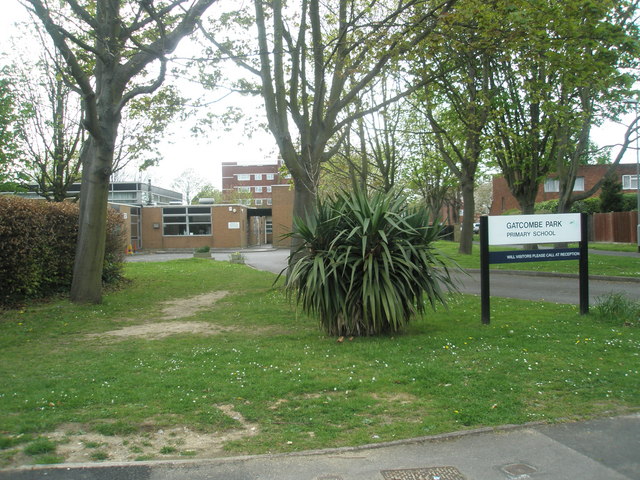
Government announces £15 million to help young people in disadvantaged areas to learn outside and experience nature.
Nurseries, schools and colleges with the least access to nature are set to receive a funding boost that will help them develop the biodiversity of their site and improve their outside learning facilities.
To mark outdoor classroom day (18 May), the Department for Education has announced £15 million to support young people to get outdoors and learn about the natural world.
Schools, colleges and nurseries that are ranked the lowest in Natural England’s measure of local access to natural space and are in areas with high levels of deprivation will be eligible for a grant.
The funding could be used to buy equipment that might be preventing children in deprived areas from taking part in outdoor learning or providing accessible routes to nature in SEND schools. It could also help with the purchase of outdoor equipment and clothing, the creation of outdoor teaching areas and the purchase of teaching tools such as acoustic listening devices.
Alongside this funding, a new online ‘National Education Nature Park’ will be launched to allow young people to learn from other schools, colleges and nurseries who are taking steps to improve their biodiversity. The initiative – being delivered in partnership with the Natural History Museum and Royal Horticultural Society – will allow pupils to document and upload the steps they have taken to improve the natural environment around their site – such a creating a pond or rewilding a piece of land. Collecting and sharing biodiversity data in this way will enhance their skills in mapping, numeracy and spatial awareness.
Schools, colleges, and nurseries can, from today, register their interest in the National Education Nature Park ahead of a full launch in autumn 2023.
Minister for the School System, Baroness Barran said:
It’s so important that we give young people the opportunity to get outside to learn about the natural world and the importance protecting our precious biodiversity.
This funding will give schools, colleges and nurseries the resources they need to create thriving green spaces, halt the decline of nature and improve access to outside learning.
“Through the innovative new National Education Nature Park, students will also be able to enhance their skills and knowledge of mapping and numeracy, helping to equip them for the jobs of the future
Doug Gurr, Director of the Natural History Museum said:
We are absolutely thrilled to be working with the Department for Education and our partners to make the National Education Nature Park and Climate Action Awards start to become a reality.
In the face of the planetary emergency and Museum research showing that the UK is one of the most nature-depleted countries in the world, having our scientists sharing their world-leading biodiversity expertise with the scientists of tomorrow gives me so much hope, both for the future of biodiversity in this country and for the futures of the young people taking part”.
Clare Matterson CBE, Director General of the Royal Horticultural Society, said:
From creating pollinator-friendly habitats, digging ponds, identifying wildlife or planning planting schemes, nurseries, schools and colleges will be able to play a driving role in mapping, monitoring and enhancing biodiversity on their doorstep.
Children and young people will have a chance to create and grow a garden that works for wildlife, to learn new skills and understand impacts of climate change - all of which offers a gateway to a lifelong interest in nature, biodiversity and sustainability”.
As part of the programme, the Natural History Museum will create curriculum resources and lessons plans for each key stage to support education about climate change and biodiversity.
Schools, colleges and nurseries could also be recognised with a new Climate Action Award, designed to celebrate success in supporting children and young people to have a positive impact on their environment whilst developing new skills essential for a sustainable future in bioscience, data science, numeracy and horticulture. Photo by Basher Eyre, Wikimedia commons.




































